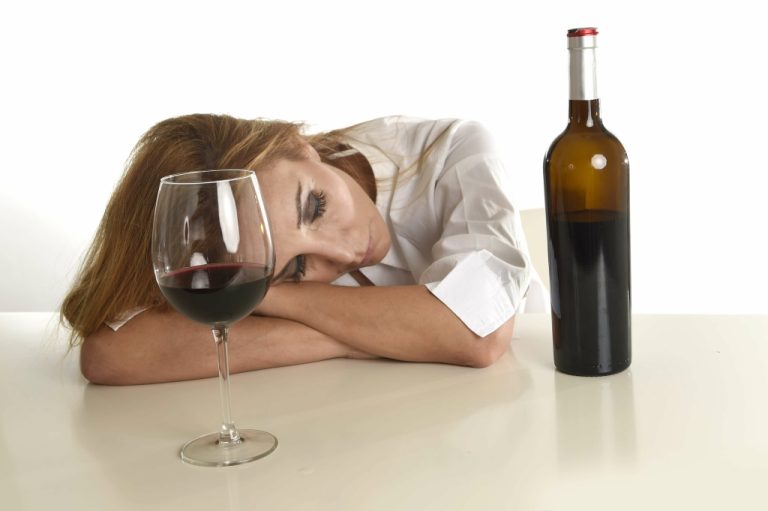In the most severe cases, a food or drink allergy can lead to anaphylaxis. If you have any of these symptoms, you should seek emergency medical care. If your symptoms are very mild, you may have a food sensitivity rather than a true allergy. It can be uncomfortable, but it’s not an immune system response and isn’t as serious. The many ingredients in beer make an allergy to one of the specific ingredients more likely.
It is important to note that not all allergic reactions to red wine are caused by histamine. It is essential to recognize when one has an alcohol intolerance, as this can be a serious health concern. Symptoms of an alcohol intolerance include nausea and vomiting, diarrhea, headaches, hives, facial flushing, chest tightness or difficulty breathing. If someone Why Do I Sneeze When I Drink Alcohol? experiences these symptoms after consuming even small amounts of alcohol it is important to seek medical attention immediately. This is why red wine in particular has been known to cause sneezing. Some people may be more sensitive to the tannins than others, making them more likely to experience this reaction after drinking a glass of red wine.
What In Red Wine Causes Allergies?
This anxiety may be the result of the chemical withdrawal, but is also often related to people using anxiety as a way to self-medicate for stress. Learning new and healthy coping tools and engaging in a long-term anxiety treatment plan is beneficial. Alcohol has a dehydrating https://trading-market.org/most-people-with-alcohol-and-drug-addiction/ effect on your body, which is why you have a hangover when you drink too much. Because the human body consists of up to 60 percent water, and water is a vital ingredient to keep all of your body’s processes running smoothly, not having enough can cause serious problems.
- All I ever wanted to do was exchange a few pleasantries and then dance.
- People who drink red wine may be more prone to dehydration than those who don’t, as alcoholic drinks can increase the body’s need for fluids.
- This is why people who drink alcohol at bedtime (especially in excess) may fall asleep quickly, but they are also more likely to experience fatigue and insomnia in the long run.
- Although the main ingredient in beer is water, there are many other ingredients.
However, new research suggests that this strategy offers no guarantee that your head will be free from aching the following morning. Rarely, severe pain after drinking alcohol is a sign of a more serious disorder, such as Hodgkin’s lymphoma. Heavy, long-term alcohol use takes a toll on the liver, and liver damage is one of the most common long-term effects of alcoholism. Liver damage can make it harder for your body to get on regular sleep-wake cycles and can leave you with the same insomnia and fatigue issues as stated above. Worse yet, daytime sleepiness from a combination of alcohol consumption and sleep apnea reportedly raises the chances of being involved in a fatigue-related car accident. Many people feel tired after they stop drinking— whether that means after a night of over-indulging or in the early days of sobriety.
How Quitting Alcohol Affects the Body
Any level of alcohol use can contribute to dehydration, which in turn causes blood pressure to drop and circulation to slow. When less oxygen and blood flow are reaching the brain, tiredness sets in. Filtration of wine is an important process in the production of a good quality beverage. It helps to remove harmful bacteria, unwanted tannins and other impurities from the liquid before it can be consumed. Egg whites and gelatin are two of the most commonly used filtration agents due to their ability to absorb proteins and reduce astringency. Your symptoms can also be due to an interaction between beer or alcohol and any medication you’re taking.

Symptoms of this kind of allergy include sneezing, itching, hives and difficulty breathing. In some cases, symptoms may be the result of an underlying condition that can be managed with proper medical treatment. For example, a person with histamine intolerance can experience adverse reactions when drinking alcohol because their body is unable to process the histamine in certain types of drinks. In this case, avoiding these types of drinks and/or medications that contain histamine can help reduce the symptoms.